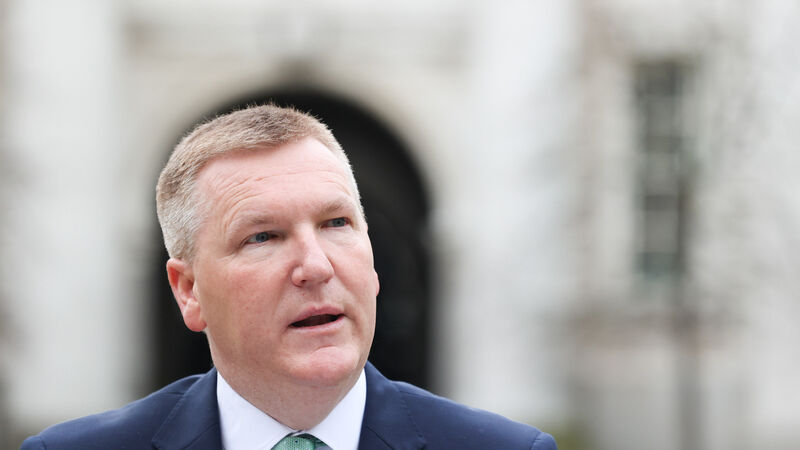€4bn of corporation tax receipts transferred to Reserve Fund

'There are future costs which we must be prepared for including the consequences of an ageing population, the digital transition and climate change.' Minister for Finance Michael McGrath
The government has transferred €4bn into the state's National Reserve Fund (NRF) from the country's surging corporation tax receipts.
The Minister for Finance Michael McGrath TD announced the transfer this evening, as a consequence of the Dáil’s approval of a motion brought by the previous Minister on Budget night in September.











